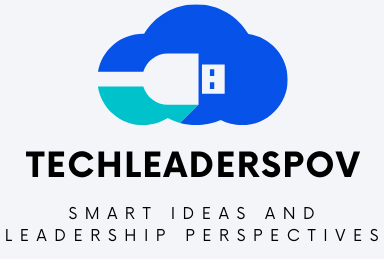The rapid evolution of technology has brought us to the doorstep of a new era, with 5G networks promising to revolutionize the Internet of Things (IoT) and redefine the business landscape. In this article, we explore how 5G is accelerating IoT adoption and transforming various industries, creating new opportunities and challenges for businesses to navigate.

What is 5G and How Does It Support IoT?
5G, the fifth generation of mobile networks, boasts faster speeds, lower latency, and the ability to support a massive number of devices compared to its predecessors. As a result, 5G is perfectly suited to accommodate the increasing demands of IoT, which requires efficient, real-time communication between devices, sensors, and systems.
Key IoT Verticals Benefiting from 5G:
Smart Cities
In smart cities, 5G plays a pivotal role in transforming transportation and traffic management by enabling smart city infrastructure to streamline public transportation and optimize traffic flow. This leads to reduced congestion and improved overall efficiency. Additionally, 5G facilitates real-time monitoring and analysis of energy usage, empowering cities to optimize energy distribution and reduce waste, ultimately contributing to more sustainable urban environments.
Manufacturing and Industry 4.0
Within manufacturing and Industry 4.0, 5G-enabled IoT devices have the potential to revolutionize predictive maintenance by monitoring machinery and anticipating maintenance needs, thereby reducing downtime and increasing productivity. Moreover, 5G’s low latency allows for greater precision and responsiveness in robotics and automation, resulting in significant improvements in manufacturing efficiency and overall output.
Healthcare
In the healthcare sector, 5G supports continuous, real-time patient monitoring, enabling healthcare providers to deliver personalized care from a distance. This has the potential to significantly improve patient outcomes and overall well-being. Furthermore, high-speed, reliable 5G networks facilitate seamless telemedicine, allowing healthcare providers to reach more patients in rural and underserved areas, effectively democratizing access to quality care.
Agriculture
For agriculture, 5G-connected IoT devices enable farmers to monitor and analyze crop conditions in real time, allowing them to optimize farming practices and increase yields. This ensures more efficient use of resources and a higher return on investment for farmers. In addition, IoT solutions powered by 5G can track livestock health and location, reducing losses and improving overall farm efficiency, contributing to a more sustainable and productive agricultural sector.
The business impact of 5G-enabled IoT is multifaceted and far-reaching. By streamlining processes, optimizing resource allocation, and reducing operational costs, 5G-powered IoT solutions boost productivity and efficiency across various industries. The synergy between 5G and IoT also fuels innovation, paving the way for new business models, services, and products. Early adopters of 5G-enabled IoT stand to gain a competitive edge, staying ahead of industry trends and customer demands. However, as 5G and IoT continue to reshape industries, businesses must invest in employee training to ensure their workforce can navigate the new landscape. Additionally, the rapid growth of IoT devices necessitates that businesses prioritize data security and privacy, proactively addressing potential vulnerabilities in their networks.
As 5G networks continue to expand, IoT adoption will accelerate, leading to further transformation across industries. Emerging technologies and trends, such as edge computing and AI, will play a crucial role in maximizing the potential of 5G and IoT, driving innovation and reshaping the business landscape.
